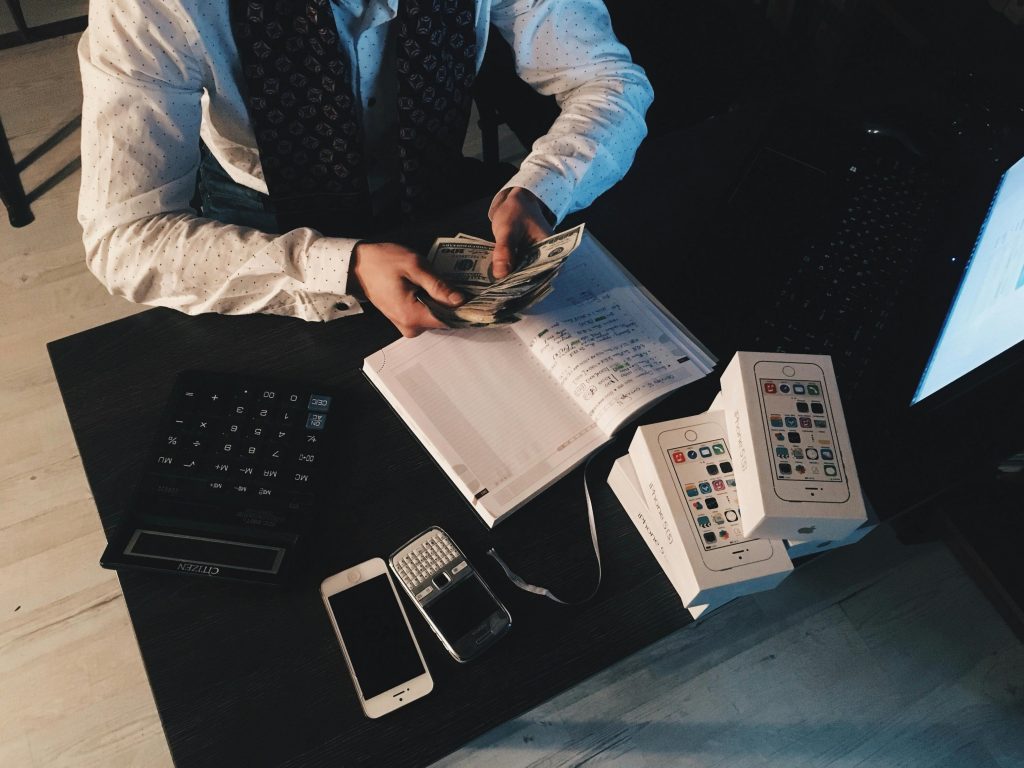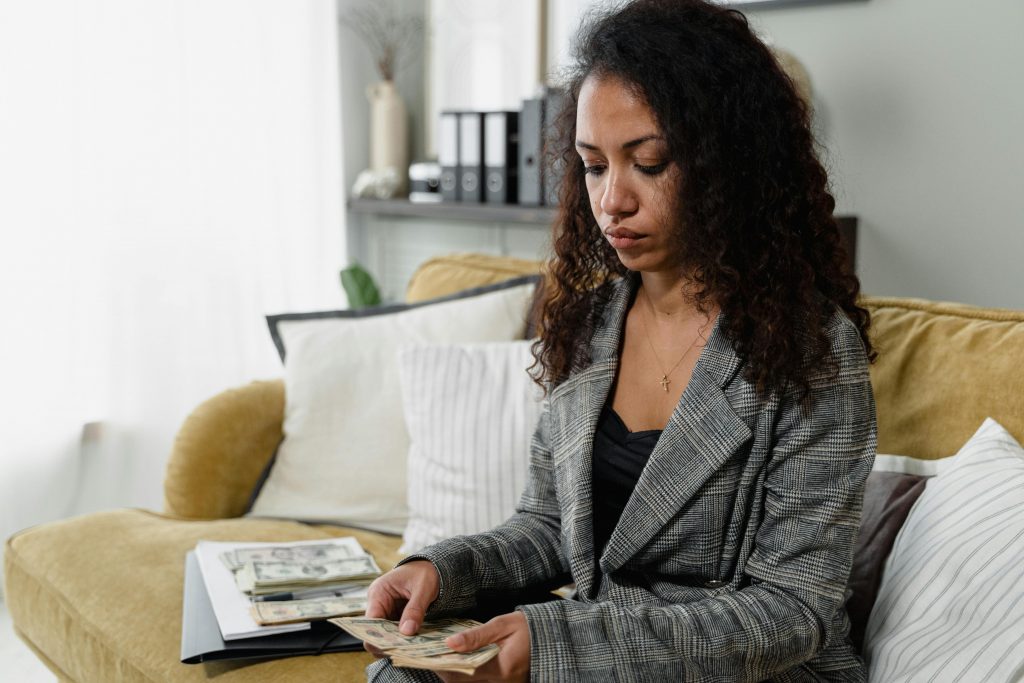Financial abuse doesn’t always leave visible scars, but it can silently control, trap, and harm a person just as deeply.
It’s when one partner uses money as a tool of manipulation, power, or control, often hidden under the guise of “responsibility” or “protection.”
Many people don’t even realize it’s happening until they feel stuck, scared, or powerless. Whether you’re in a relationship or watching out for someone you care about, here are 10 real and subtle signs of financial abuse you should never ignore.
1. They Control All the Money

If your partner insists on handling all finances and gives you little to no access to accounts, that’s a red flag.
Even if they say it’s because you’re “bad with money” or they’re just “taking care of everything,” it’s still controlling.
A healthy relationship means both people have equal say and access. Financial control isn’t just about paying the bills—it’s about freedom, trust, and autonomy.
2. You Have to Ask for Money Like a Child

In abusive dynamics, one partner may give the other an “allowance” or make them beg for money for basic needs.
It can feel humiliating and disempowering, especially if you’re told you’re spending too much when all you’re buying is food or essentials.
Having to explain or justify every penny is not financial responsibility—it’s control disguised as concern.
3. They Keep You From Working or Advancing

Does your partner discourage you from working, applying for jobs, or chasing promotions?
Maybe they say things like, “You don’t need to work, I’ll take care of you,” or “Your job isn’t real anyway.”
Preventing you from earning your own money is a tactic that creates dependence, making it harder for you to leave or feel independent.
4. They Ruin Your Credit on Purpose

Some abusers secretly open credit cards in their partner’s name, rack up debt, or refuse to pay shared bills – destroying the victim’s credit score.
This makes it hard to get an apartment, a car, or a loan in your own name. It’s a sneaky way to trap someone financially, ensuring they stay because they have nowhere else to go.
5. They Monitor Every Purchase You Make

If your partner tracks your spending obsessively, demands receipts, or shames you for buying anything (even cheap items), that’s financial abuse.
It creates a constant fear of “doing something wrong,” even when you’re just trying to live. It’s not about budgeting—it’s about control and punishment disguised as concern.
6. They Make Big Financial Decisions Without You

In a healthy relationship, major money moves, like buying a car, taking out loans, or switching jobs, are discussed.
But in an abusive one, the controlling partner does it all solo, dismissing your input.
They may say you’re “too emotional” or “don’t understand finances,” shutting you out completely. This leaves you uninformed and powerless over your own future.
7. They Use Money to Manipulate or Threaten You

“If you leave me, you’ll have nothing.” “I paid for everything—you owe me.” Sound familiar?
Threats like these are a classic sign of financial abuse. Whether it’s guilt-tripping you or promising financial ruin if you walk away, it’s all about keeping you emotionally and financially stuck.
8. They Use Your Income, But Limit Your Access

Even if you’re earning money, an abusive partner might demand your paycheck be deposited into their account or control how it’s spent.
You’re the one working, but you feel broke, restricted, or constantly monitored. It’s not just unfair, it’s abusive. You deserve full access to the money you earn.
9. They Sabotage Your Job or Education

A financially abusive partner might interfere with your ability to earn or grow. They may make you late to work, cause drama so you miss interviews, or refuse to help with childcare so you can’t attend school.
These aren’t accidents; they’re tactics meant to make you give up on yourself and rely on them instead.
10. You Feel Trapped Because of Money

At the core of financial abuse is this terrifying feeling: I can’t leave because I can’t afford to.
If you’ve ever stayed in a bad situation because you didn’t have access to cash, a job, or housing, financial abuse might be part of the reason.
When someone controls your ability to survive without them, it’s not love. It’s control, and it’s never okay.

Sempre senti uma forte ligação com o Divino desde o meu nascimento. Como autora e mentora, a minha missão é ajudar os outros a encontrar o amor, a felicidade e a força interior nos momentos mais sombrios.

